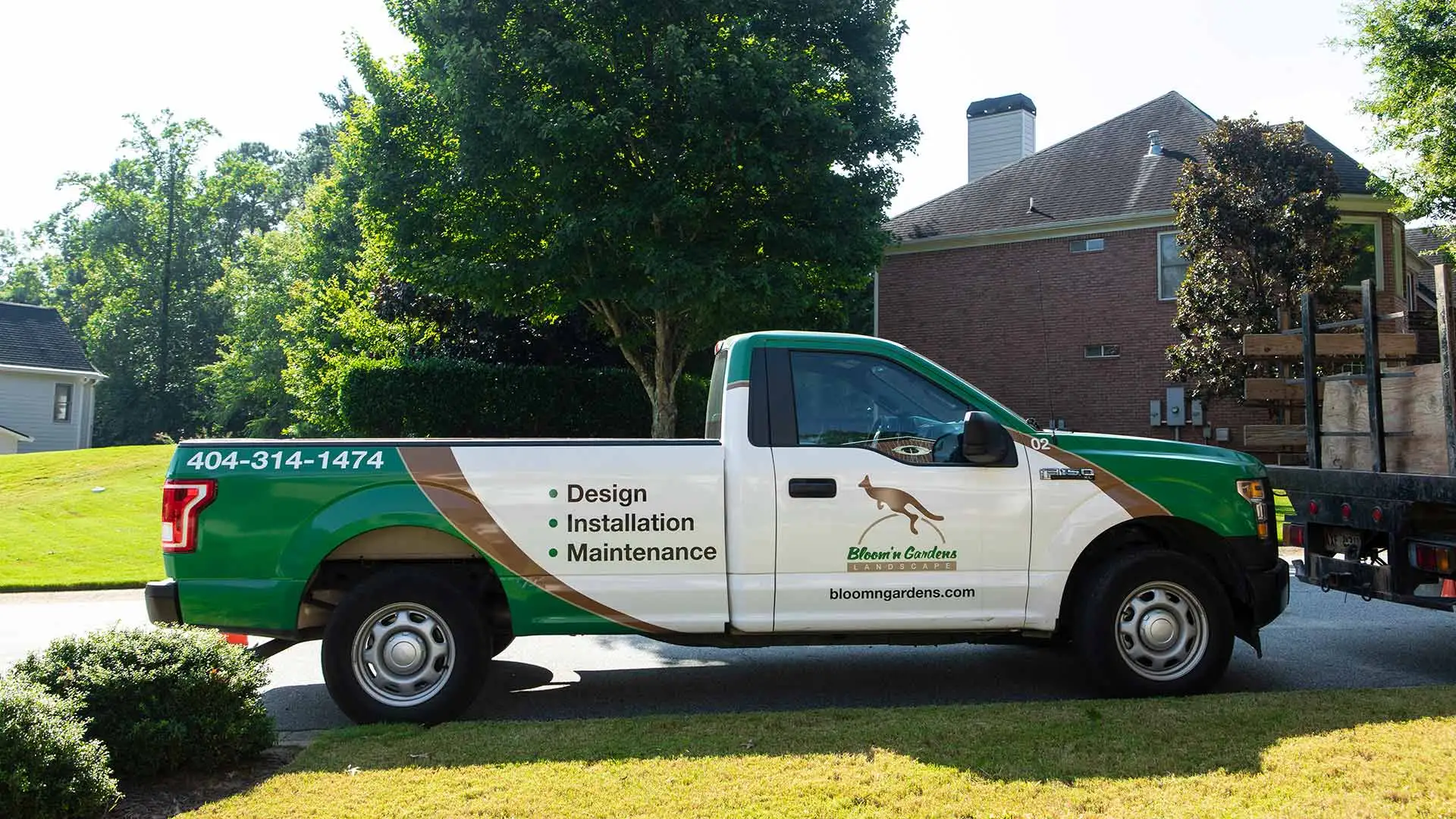 What would you do if you came across a swarm of bees?
What would you do if you came across a swarm of bees?
Recently, a Facebook friend posted this picture of a swarm he stumbled across; it quickly received comments of “EWWW!,” “Yikes!,” and “OMG!” Yet, before you let the image on your screen cause you to panic or recoil, keep in mind the important role that bees play every year in Georgia ecosystem and beyond.
How important are bees to Georgia gardens and ecosystems?
Bees are an integral part of pollination as well as the creating force behind the honey and wax that is used to make many products we love. It is a shame that many view the site of them with fear. The importance of bees is most evident in ecosystems largely comprised of flowering plants, including vegetables (Think about your beautiful flower beds and vegetable gardens). It is estimated that a third of our food is pollinated by bees, which are commercially produced by skilled bee keepers.
A day in the life of a bee
In a bee colony there are three types of bees, of course there is your regal queen, whose only responsibility is to mate with the drones (male bees) and lay eggs, all other work, from gathering to tending the young and cleaning the hive, is left to the non reproductive females of the group called worker bees. The bees spend much of their time foraging plants and collecting pollen that will then be converted into honey. An indirect result of their foraging is the pollination of plants, essentially the pollen from one flower or plant is transported to another flower or plant in order to fertilize the ovule and create a new plant. Bees gather the pollen to create the honey as a way to store food for the colder months when pollen is not available.
Being a good bee neighbor
In spring, a colony may decide to swarm. Effectively, about 60% of the worker bees will follow the old queen out of the hive in order to find a new home. The old hive will then choose a new queen from one of the females born and the hive will march on without missing a beat. It is a natural way for colonies to reproduce.
In the last decade, bee colonies have experienced colony decline, a phenomenon where the bee colony will seem to suddenly die off. Termed Colony Collapse Disorder, it is not entirely clear why it happens or how to control it, but research continues to work to save the bees.
Instead of viewing bees with fear, start to think of how you can work toward saving the bees. Start with creating bee friendly habitats that have lots of flowers, limit pesticide use, or take a class in bee keeping and install your own back yard hive. In the end, you’ll be helping the Georgia eco-system, working with your bee neighbors, and helping your garden with a few extra pollination helpers.



Comments (0)
Thanks for your comment!
Thanks for your feedback! Your comments have been successfully submitted! Please note, all comments require admin approval prior to display.
Error submitting comment!
There is a problem with your comment, please see below and try again.